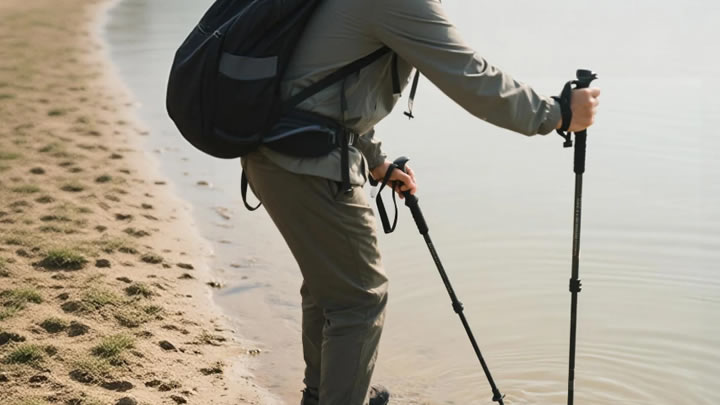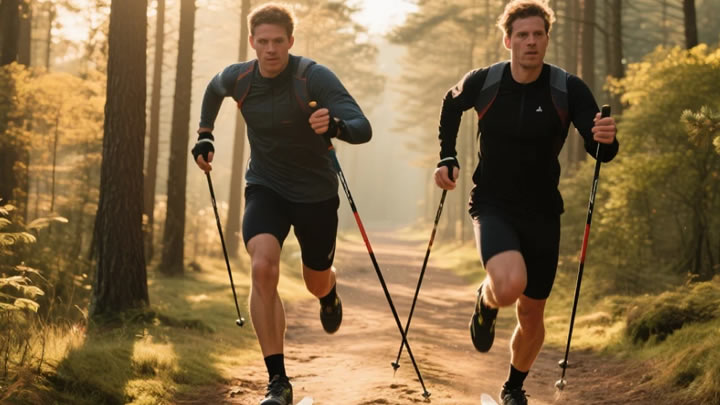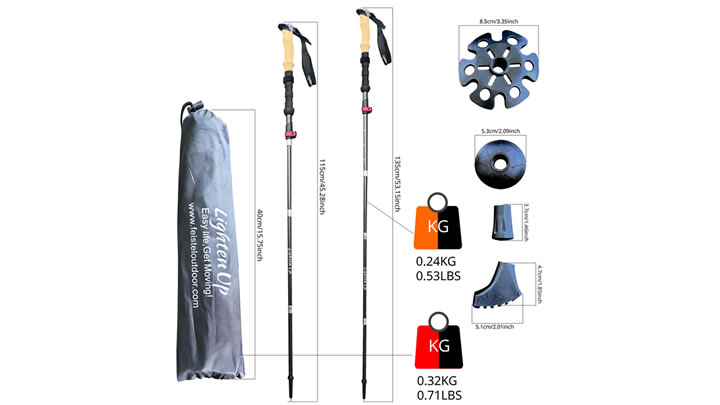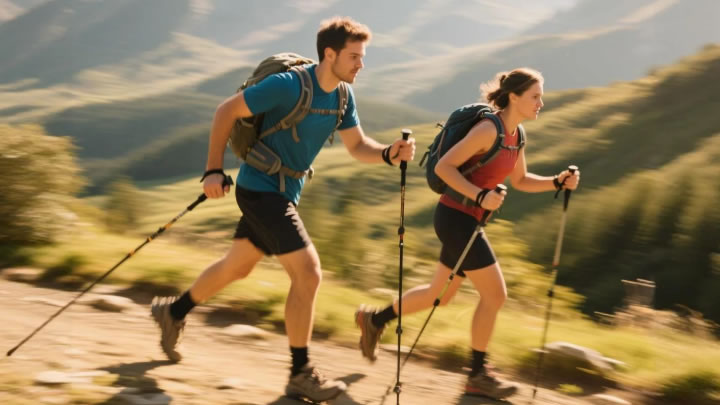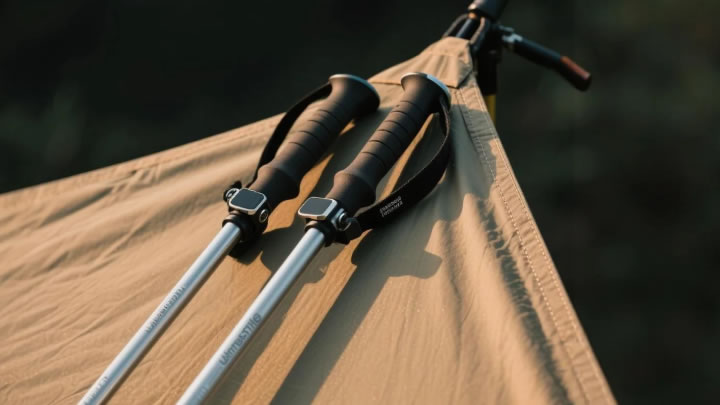Can you use a camping hammock in bear country? Safety tips
Hammock camping in bear territory isn't just possible—it can be safer than tent camping if executed correctly. Elevated sleep reduces ground scent transfer, but unique risks demand specialized protocols. Here’s how to minimize danger while suspended in bear habitat.
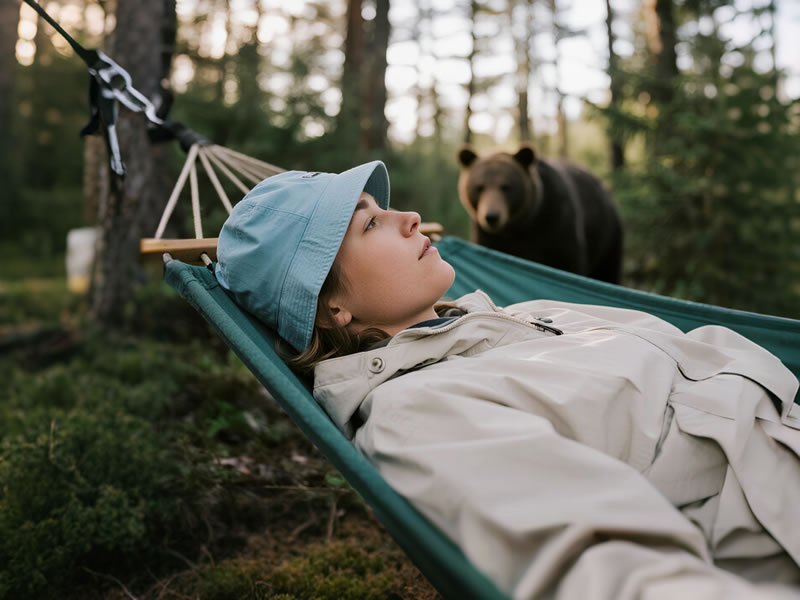
The Critical Risks: Why Hammocks Need Extra Caution
- Scent Pooling:Hammocks compress air underneath you, concentrating body odors that attract curious bears.
- Food Contamination:Double-layer hammocks trap food particles; suspension lines transfer grease from hands.
- False Security:Elevation doesn’t deter bears—black bears climb, grizzlies stand 9+ feet tall.
The Bear-Minimizing Hammock Setup
| Element | Bear-Safe Protocol | Why It Works |
|---|---|---|
| Location | 200+ yds from rivers/trails/berries | Avoids bear travel corridors |
| Food Storage | PCT hang 100 yds downwind + 15 ft high | Isolates food scents |
| Hammock Material | Single-layer polyester (no mesh) | Reduces odor retention vs. nylon |
| Cooking Zone | 300 yds upwind; change clothes after | Prevents scent saturation |
Step-by-Step Safety System
Phase 1: Pre-Trip Prep
- Odor Control:Treat hammock and straps with permethrin (deters bears and insects).Pack ALL scented items (toiletries, gum, even unopened food) in BearVault BV500 canisters.
- Gear Selection:Avoid bug nets (bears rip them investigating scents). Use Ursack Major instead of hangs where regulations allow.
Phase 2: Camp Setup
- The Triangle Rule:Sleep zone → 200 yds → Cooking zone → 200 yds → Food hangVerify wind direction: Food must be downwind of sleep area.
- Hammock Hardening:Spray suspension lines with Coghlan’s Bear Guard SprayInstall tripwire alarms 30 ft out with 120dB magnetic sensors
Phase 3: Night Protocol
- Bear Spray Placement:Hang in ridgeline organizer (not on ground) with quick-release carabiner.
- Sleep Position:Use a knotless adjustable ridgeline to avoid metal hardware that reflects eyeshine.
Bear Species-Specific Tactics
- Black Bears (Eastern US):Focus on scent discipline—they investigate odors within 1-mile radius. Use electronic bear fences (Parker Mountain) around sleep zone.
- Grizzlies (Rockies/Alaska):Prioritize noise: Hang bear bells on suspension lines. Never camp near carcasses.
- Brown Bears (Coastal BC):Avoid rivers during salmon runs. Deploy motion-activated floodlights.
Hammock Advantages to Leverage
- Thermal Scans:IR cameras detect bears easier without ground clutter.
- Rapid Evacuation:Exit 3x faster than tents (tested by Yellowstone Rangers).
- Scent Elevation:70% less ground scent transfer than tents (USFS Study 2022).
Deadly Mistakes to Avoid
☒ Using bug spray in hammock: DEET smells like food to bears
☒ Storing water filters inside: Traps food micro-particles
☒ Cooking in rainfly: Traps odors in enclosed space
☒ Wearing cooking clothes to bed
Pro Deterrent Gear
- Counter Assault Horn (130 dB): Mount on ridgeline
- Parker Mountain Electric Fence: 7,000V pulsed current
- SpotX Satellite Messenger: Emergency alerts without cell service
When to Abandon Your Hammock
- If a bear exhibits stalking behavior (follows you silently)
- Near fresh carcasses or berry patches in peak season
- During extreme drought—bears aggressively seek food
Conclusion: Respect > Fear
Hammock camping in bear country demands rigorous discipline but offers unique safety advantages. Success hinges on:
- Geographic intelligence (avoiding bear highways)
- Scent lockdown via the 200-yard triangle
- Species-specific deterrence
- Always carrying bear spray within 1-second reach
Elevation isn’t invisibility—it’s a tactical advantage only when paired with bear-aware protocols. With these measures, you’ll rest easier knowing you’ve minimized risks while maximizing wilderness immersion.

